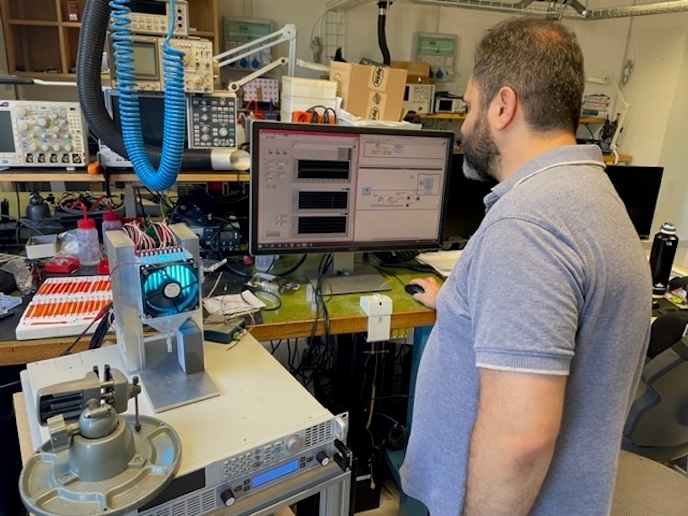Childhood interstitial lung diseases
chILD diseases are characterised by a non-specific presentation with over 200 individual conditions. Symptoms include chronic cough, shortness of breath and rapid breathing. Unfamiliarity with the disease phenotype, incomplete usage of established diagnostic pathways and lack of treatments can lead to mortality in 15 % of the cases. Despite the discovery of a few molecular causes such as mutations in surfactant metabolism genes, the lack of standardised and quantifiable outcomes hampers the evidence-based recording of observations. The EU-funded chILD-EU(opens in new window) (Orphans unite: child better together – European management platform for childhood interstitial lung diseases) project wished to set up a pan-European chILD management platform. This would serve as a solid base for future clinical and research networks. Leading European clinical scientists collaborated to increase diagnostic awareness and ensure that chILD patients are characterised in a uniform manner. They successfully implemented a web-based data capture and biobank system with information on over 600 cases from different European sites. For better diagnosis, an international multidisciplinary team of clinicians, paediatric radiology experts, pathologists and geneticists reviewed and verified over 350 chILD cases. They generated a standard operating procedure and guidelines list to aid in the diagnosis of patients. The collated patient information will enable prospective evaluation of the clinical, radiological and prognostic course of these diseases. Diagnostic accuracy was also improved by the inclusion of biomarkers and the provision of pan-European access to accredited genetic testing. Furthermore, data on off-label treatments was recorded and the efficacy assessed. Partners decided to initiate randomised and controlled pilot investigations of two compounds, namely hydroxychloroquine and systemic steroids, to alleviate chILD symptoms. Collectively, the activities of the chILD-EU study will ensure better clinical practice for chILD patients across Europe. Moreover, the deliverables of the project provide a platform for the future discovery of disease mechanisms and therapies, and their rapid translation into clinical practice.







